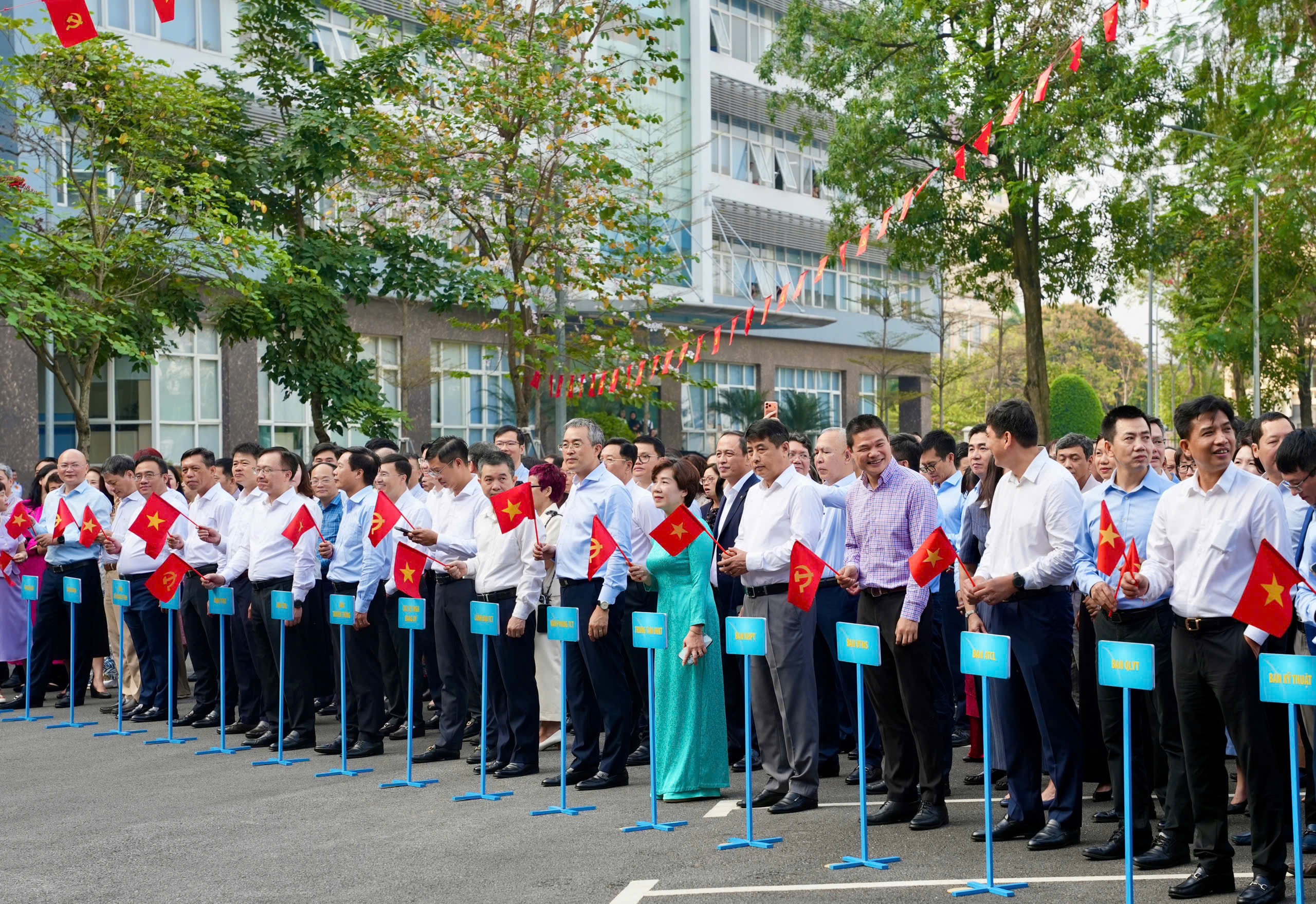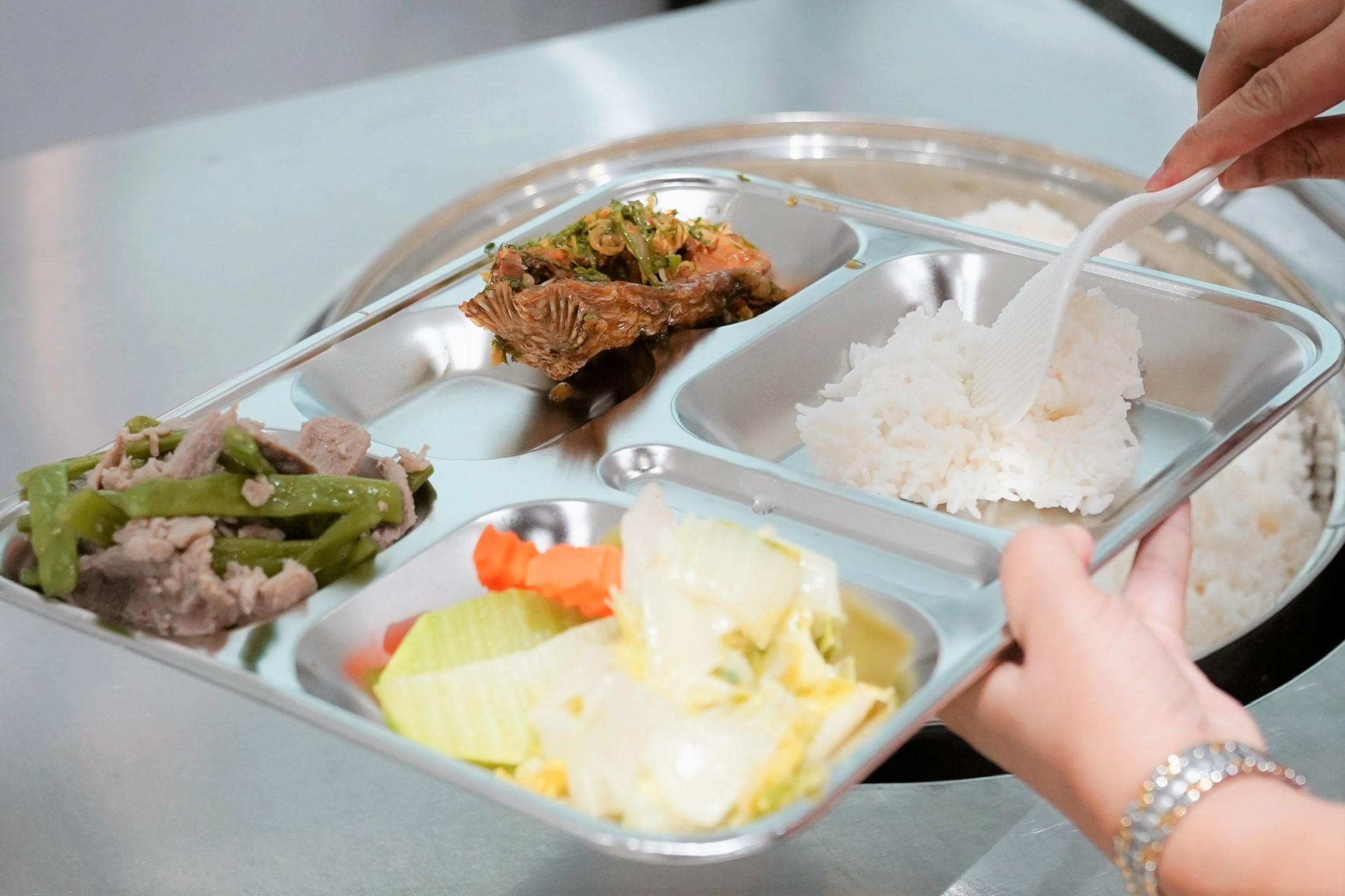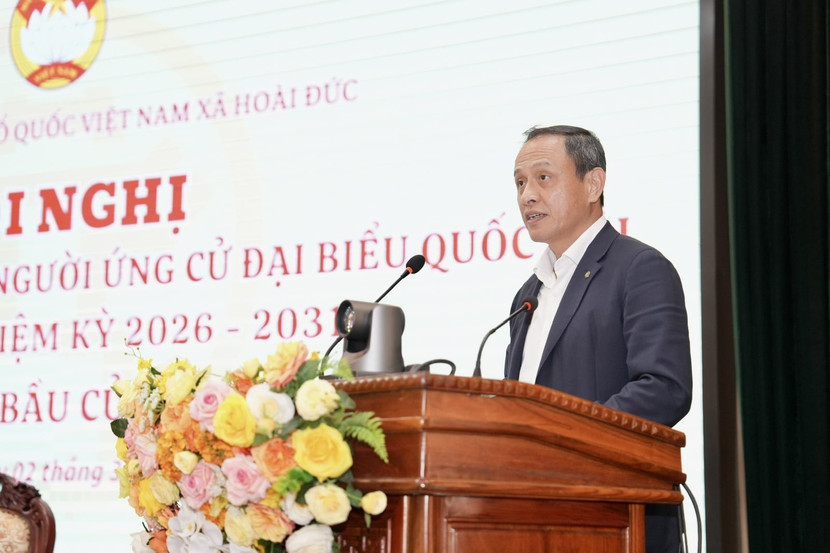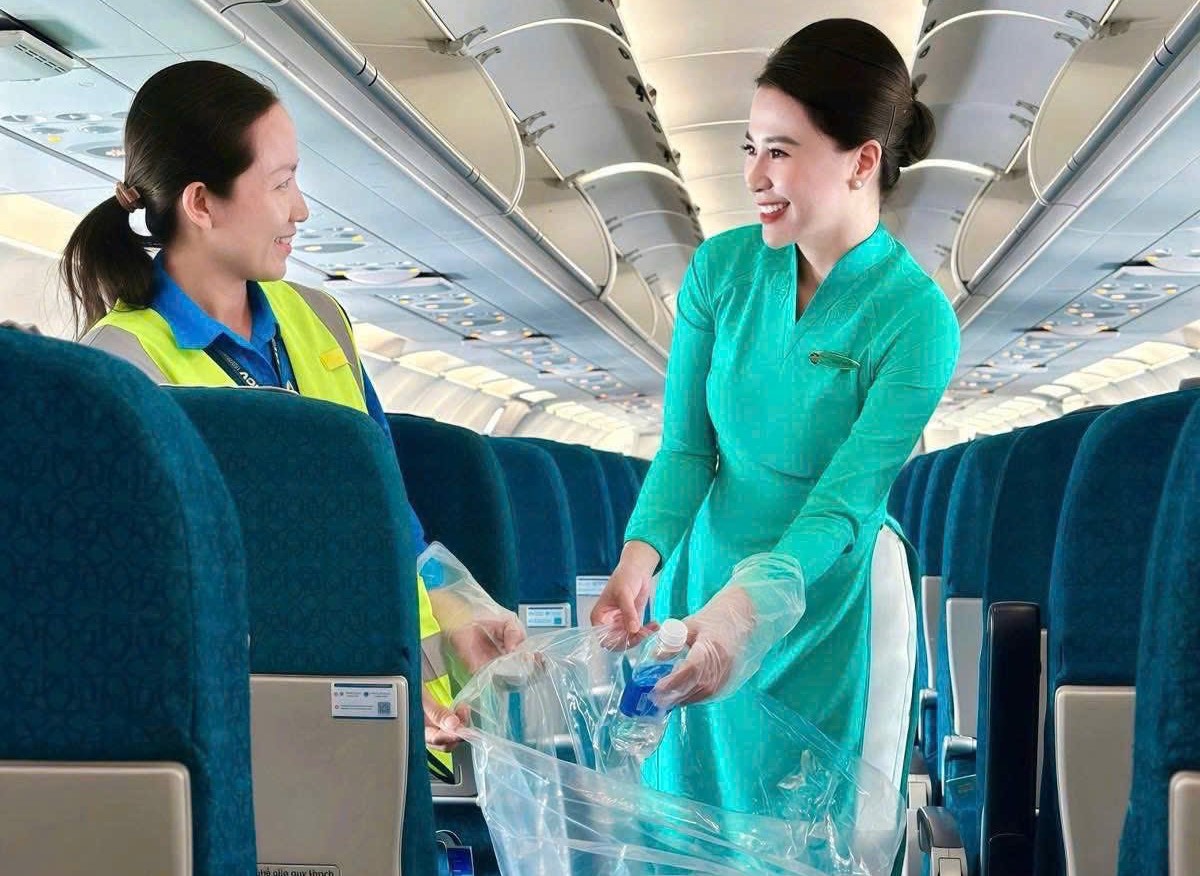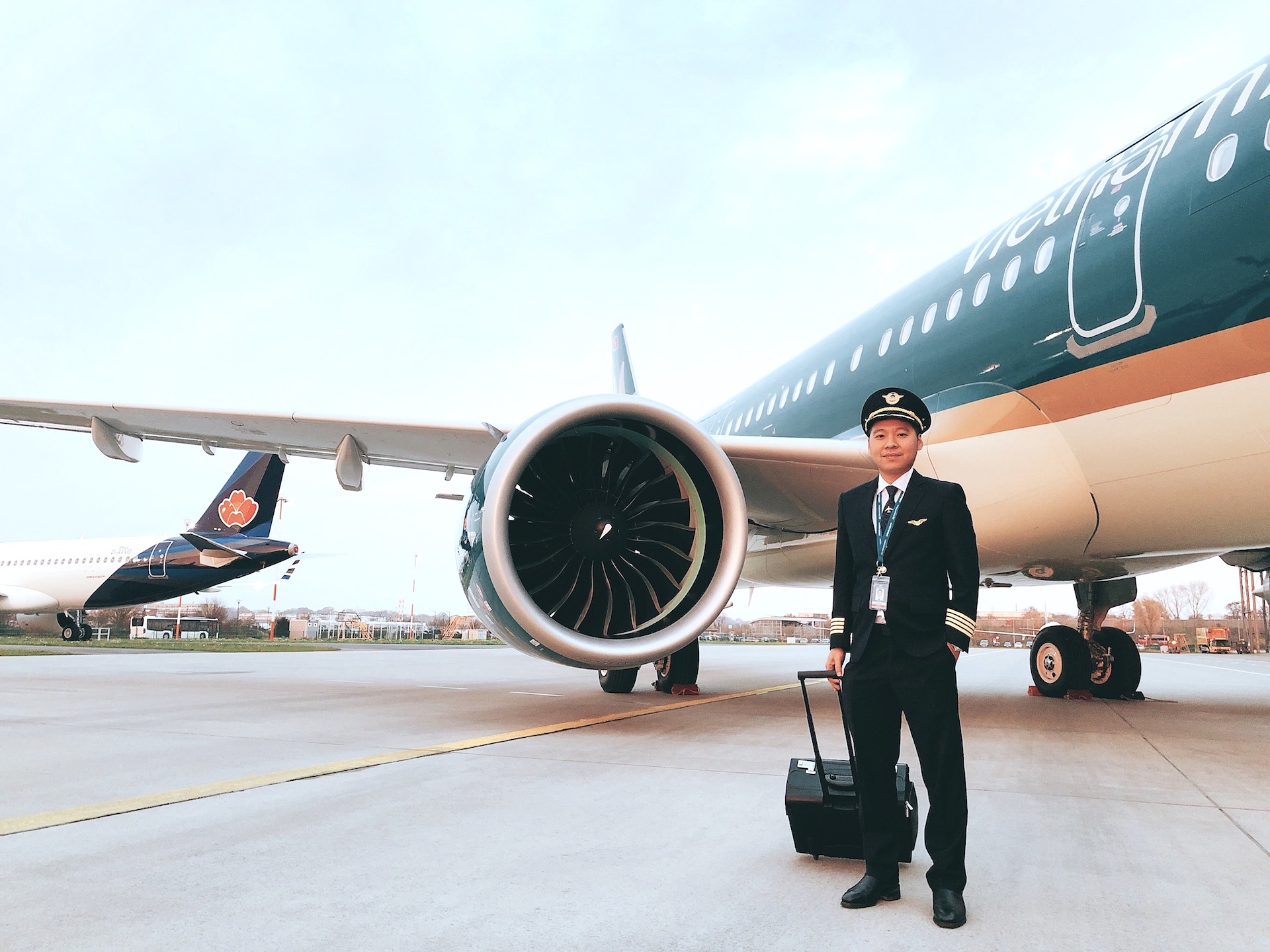
Career Journey
* * * * *
Born in 1989, Thai Tan graduated from Le Hong Phong Gifted High School and enrolled in the Aerospace Engineering Department, Ho Chi Minh City University of Technology (HCMUT). After only a term, Tan decided to have academic records retained to sign up for being a pilot, which he passed, knowing that VNA was recruiting this position. Only when joining the basic training, did Tan realize that flying with the “iron birds’ is his passion, which made him stop his study at HCMUT to focus on his new journey of conquering the sky.
After having passed the exam at VNA, Tan was trained at FTC for one year and a half and then enjoyed 17 months of studying at ESMA (France), recalled Tan. In 2010, he received 320/321 type-rating training in Malaysia before upgrading his license to be a pilot in Bangkok. He officially became a simulated cockpit trainer in 2015.
Currently, Thai Tan occupies himself as a captain and a flight test guide. Besides his teaching in FTC, Tan also works with Viet Flight Training under the position of an instructor for team pilot coordination subject, which facilitates him to review his own knowledge. Up to now, Tan has achieved 7000 flight time hours. in which 1000 practicing hours are in the simulated cockpit.
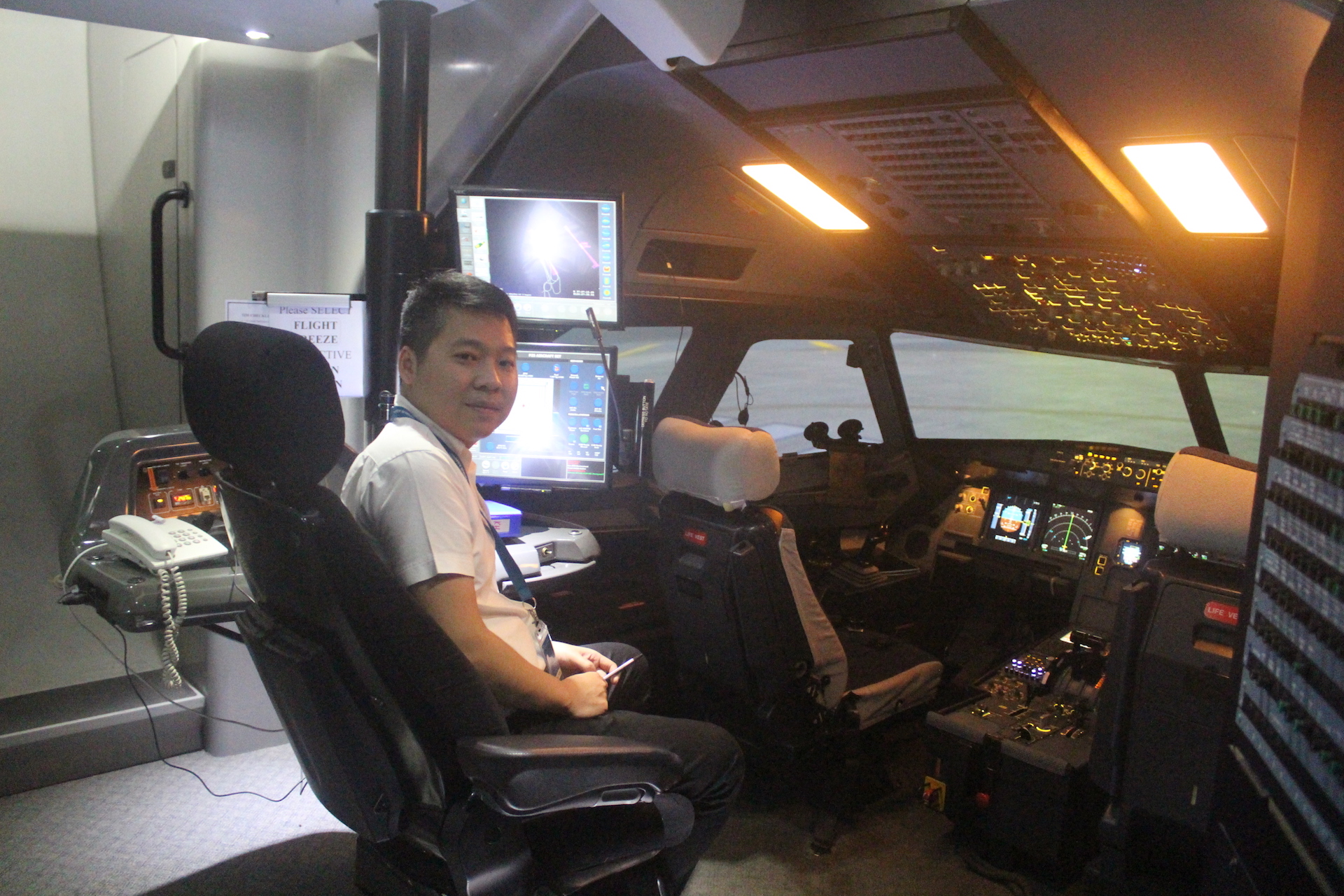
“Addressing as teacher and student for mutual respect”
* * * * *
To become a trainer at FTC, pilots should achieve at least 1500 flight time hours, shared Tan. There are many other criteria such as safe flight operation, good performance in recurrent tests, being evaluated as having teaching competency by instructors. Tan, right after matching all requirements, participated in and passed the interview to become a trainer.
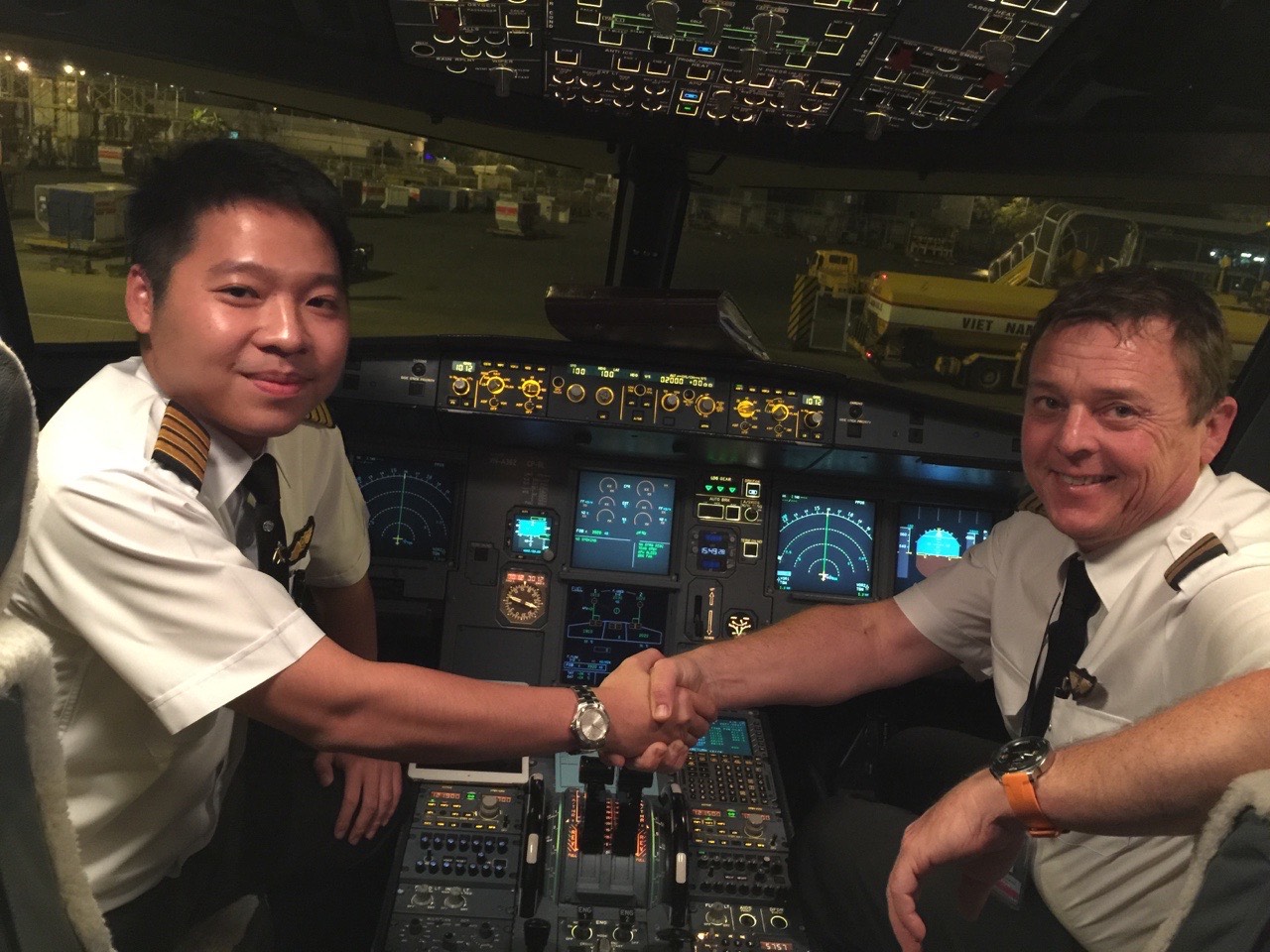
However, Thai Tan humbly considers his achievements as generated from his luck, not his excellence. “I entered this industry at the age of 19 – 20 while many other people only started their career as pilots after university graduation. At the time I joined the training, the aviation industry had not explosively developed and the pilot workforce had not been as large as it is now. Thus, I accumulated more flight hours, which enabled me to quickly meet the flight time requirements to become a trainer”.
The 30-year-old captain revealed that he received loads of guidance from former generations to become a trainer. In addition, each trainer had his own teaching style which allowed him to learn and come up with his own style. However, the trainers who affect his character most are FCD919 Vice-Captain Bui Thai Son, FCDA321 Captain in Southern Region Nguyen Nhu Ngoc and Trainer Peter Wilson.
Being a trainer at the age of 25, he usually meets older participants. This captain thinks “I am not a teacher but an instructor. For the aviation industry in general and flight training in particular, I only give what I had been passed on by former generations. For other aspects, there exists a pool of talent that I need to learn from”. In spite of the shyness when being addressed as “teacher”, he understands this is how learners show respect to him, thus, he very much appreciates this.
The structure of his course will start with theory introduction in the first 2 weeks then practice in the simulated cockpit. In the first session, Tan mentions the functions of A321 aircraft, conditions for special operation, system functions, etc. Whereas, in the second session, Tan supervises learners to see how they handle situations that might happen during severe weather conditions or when aircraft is damaged, etc.
Before officially teaching, he did a lot of research and adopted the modern student-centered teaching method for his theory session. “Learners do research at home and come to class for presentation, teacher only plays the role of an instructor. This forces the students to learn independently and shoulder more pressure, but helps them be more active and achieve better performance”.
In addition, every pilot of VNA is required to take the recurrent tests on flight competency with equipment and devices, flight competency with limited vision, etc every 6 months, thus, as a flight test guide, Thai Tan also joins the assessment to verify whether learners are qualified to operate flights in the next 6 months.
“Pilots need to be good enough at different tasks”
* * * * *
During 9 years of working, Thai Tan struggled with several situations, in which the most memorable one was the flight from Japan to Vietnam when he was still a co-pilot. At that time, no sooner had the plane taken off than the engine suddenly sucked a mallard. Although the engine was not heavily damaged, the flight safety was not guaranteed, the crew had to return to the Japanese airport with the landing gear load greater than the allowed. Tan calmly coordinated with the captain, followed what had been taught and landed safely. Thai Tan said these incidents were all practiced multiple times in the simulated cockpit, therefore he was not panic when it happened.
On the day he was appointed to become captain, Mr. Nguyen Nhu Ngoc, the captain of FCD A321 in Southern Region told him that “To get the position of a captain is less difficult than to retain it”. These few words from the “senior” reminded Thai Tan of greater responsibilities he needed to bear when being a captain. This is something he would remember and after taking this role, he even better understood it.
When asked about the toughest challenge as a pilot, he affirmed: “For other jobs, when facing difficulties, you can stop and ask for help, but we, as pilots, will have to handle things ourselves in limited time and space. In addition, pilots need to be multi-taskers, getting things done in the correct order. It can only be ABC but not CBA.”
“The necessary condition for a pilot is all about “enough” such as “enough” health, knowledge, skilfulness and calm. You can be outstandingly excellent in one subject, maths as an example, as a pilot, you don’t need to be really good at maths but to be good enough in different tasks, Captain Thai Tan humorously said.
Besides, pilots hold in their hands lives of hundreds of people, thus when being a “captain”, there are 3 things to bear in mind which are discipline, responsibility, and professionalism, and those are key criteria for the assessment of his students.
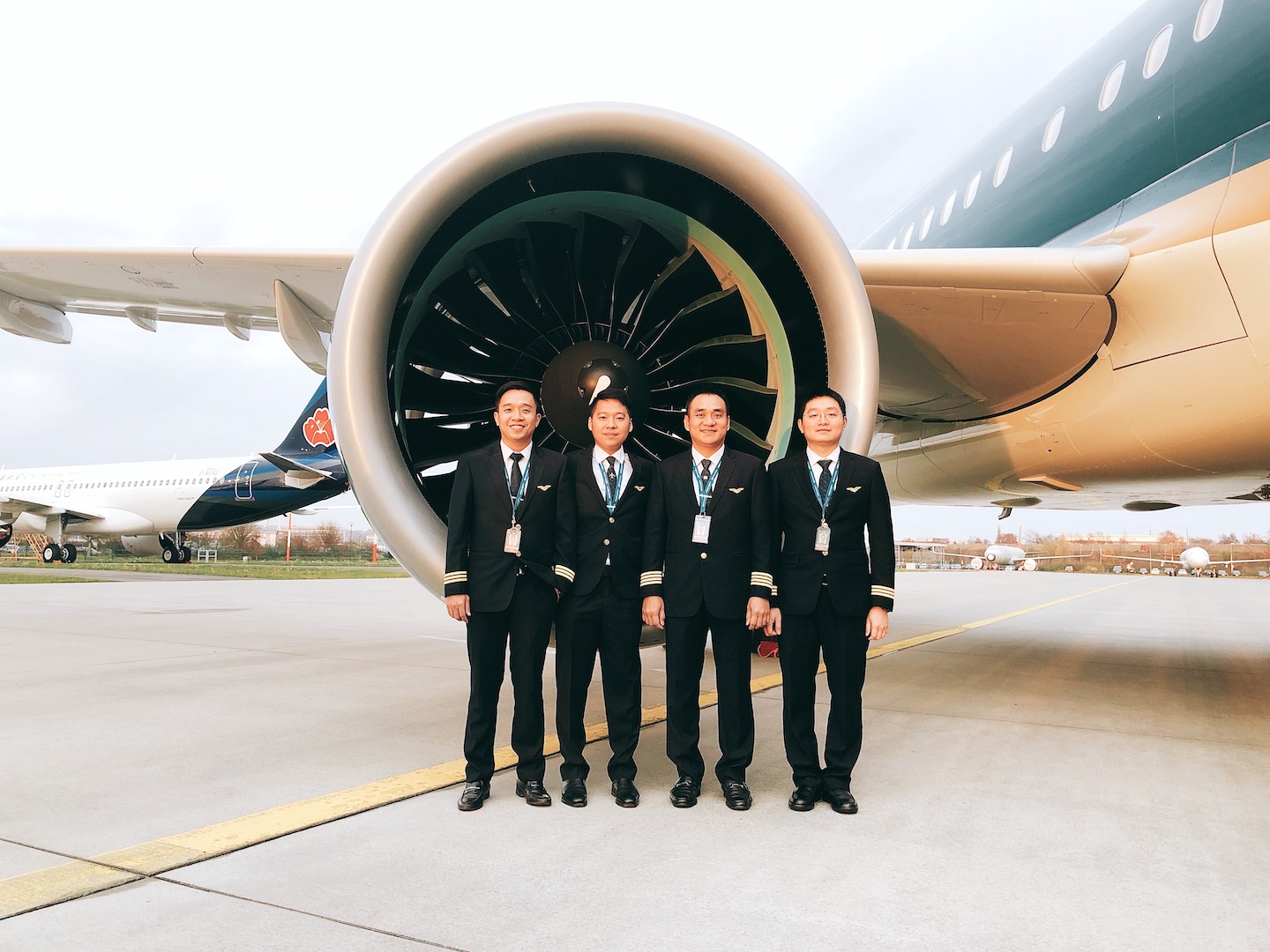
Thai Tan’s role model of a pilot is Mr. Nguyen Nam Lien – Principal of Vietnam Flight Training Centre. He shared “The principal has a great passion for the job and I hope when reaching that age, I still can keep as much enthusiasm”.
Tan has got married and had a four-month-old baby girl. For future plans, he shared his wish to continue his teaching job at the FCD A321 to have chances to transfer knowledge to the next generations and live near his family to support his wife in taking care of their baby girl.
As a pilot, he also hopes to have more time spent on experience and knowledge accumulation before challenging himself with long-haul flight and getting the type rating training to larger aircraft such as A350, B787, etc. “The long-haul flights need not only specialized skills but also other elements, there exists situation where life skills are even required. I will gradually learn until I feel enough and ready to try new things”.
Nguyen Mai Huong-COMM






